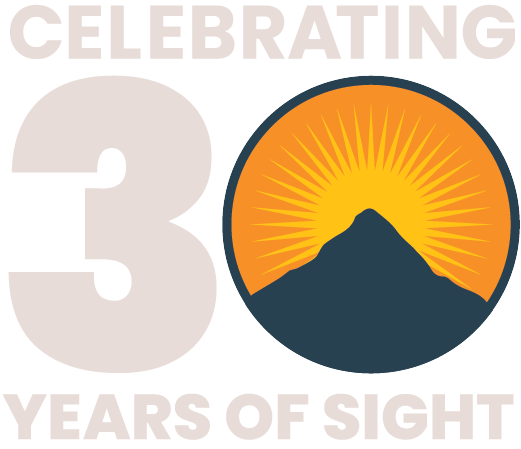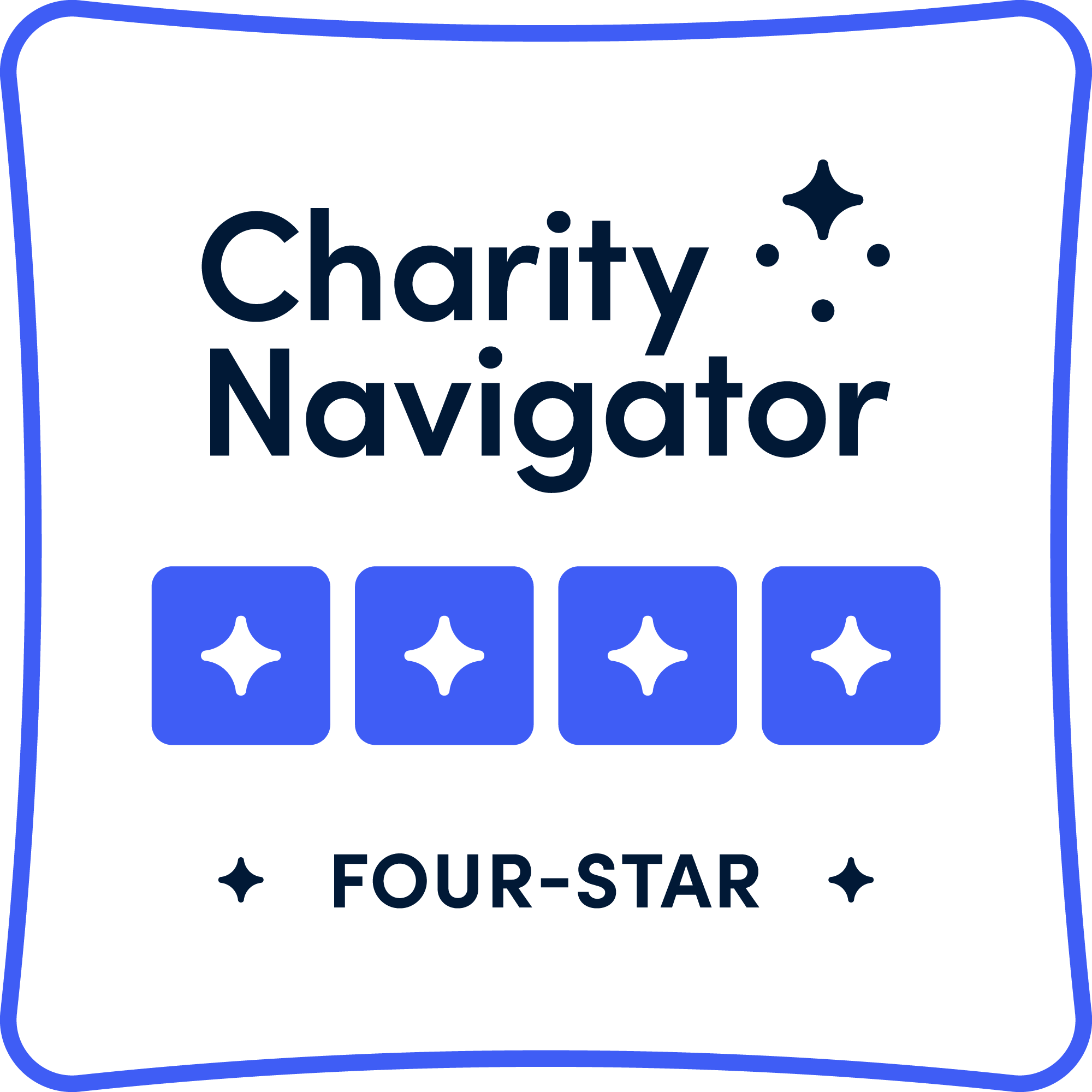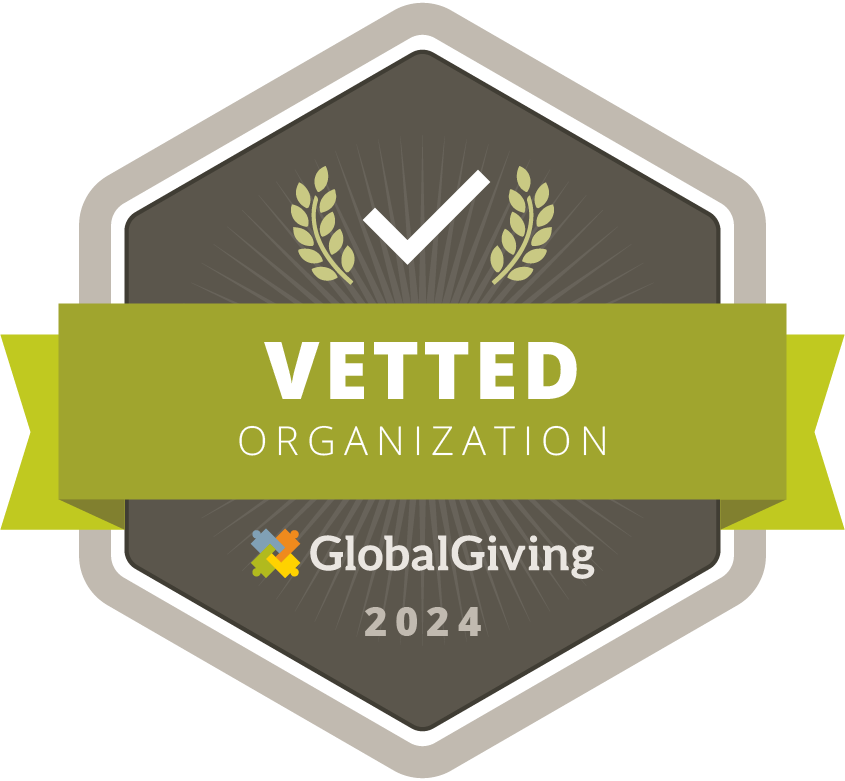Ophthalmology Training Accessible for First Time to Somaliland Residents
Ophthalmology residents in regions where Cure Blindness Project works often lack access to specialty training. This presents challenges since many countries in sub-Saharan Africa may have only a handful of trained eye surgeons to treat tens of thousands or more.
“We are so specialized here in the States that if I have a patient with a retina problem, it is very easy to give my opinion and then refer that person to a retina specialist. Doctors do not have that luxury in sub-Saharan Africa, so they develop a very broad skill set,” says Dr. Jason Dettori, a Live Classroom volunteer. Dettori has taught cataract surgical techniques in Ghana.
Bridging the Gap in Ophthalmology Training
Cure Blindness Project’s Virtual and Live Classrooms bridge the learning gap by providing world-class instruction to enhance knowledge and skills for the next generation of those who will treat and cure blindness.
For residents Dr. Hooda Said Ahmen and Dr. Shukri Osman Jama from Somaliland, January’s Live Classroom offered a first-ever opportunity to learn from lectures and in critical hands-on wet labs. The two learned of the program when Cure Blindness Project’s Dr. Ashiyana Nariani traveled to Somaliland to participate in a high volume surgical outreach. Nariani leads Virtual and Live Classroom programming.
A Vision for the Future in Somaliland
“It exceeded our expectations,” says Ahmen. “All aspects pertaining to this program were valuable and essential to us. We especially value epidemiology, understanding how global efforts to reduce the incidence of blindness and enhance visual quality and research methodologies.”
“Opthalmology is developing quickly,” adds Jama. “With new concepts, technology and updated requirements. Learning the skill of pupilloplasty will be essential to us due to a higher number of traumas.”
Empowered from their week in Ethiopia at Live Classroom, the doctors are committed to continuing what started here in the classroom.
“We intend to start a new project that will train health professionals and initiate primary eye care and expand the region from the district level. Also, doing community education programs including seeking a meeting early at an eye care facility and not waiting to go blind,” they say.
“We intend to impart the skills and knowledge we have acquired from this training to colleagues and peers in Somaliland by explaining ophthalmology needs as a team, and keeping each other updated by putting what we have learned into practice and consistently applying what we have learned.”
Training the Next Generation of Eye Care Leaders
As Dr. Ashiyana Nariani put it, the goal of Live Classroom is simple: give residents the knowledge, tools, and support they need to become the next generation of eye care leaders. And judging by the success so far, they’re well on their way!






